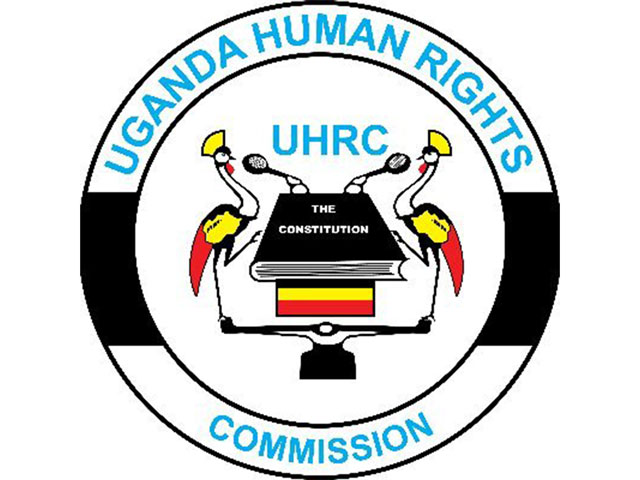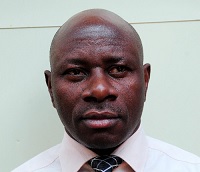
UHRC shouldn’t be lamenting like the rest of us about human rights violators when it can bring them to order
COMMENT | PETER NYANZI | I read Uganda Human Rights Commission Boss Mariam Wangadya’s article titled, ‘Let’s depoliticise human rights’ (New Vision, October 26), with mixed feelings.
Of course given that the Uganda Human Rights Commission (UHRC) has faced some criticism in the public arena in the recent past, one would probably understand where Wangadya is coming from.
But first, let me give some background.
On May 16, 1986, the new NRM Government appointed a five-man Commission of Inquiry, led by Justice Arthur Oder, to probe into violations of human rights between 1962 and 1986.
According to its terms of reference, the Oder Commission was mandated to specifically look into arbitrary arrests, detentions and killings, as well as forced displacement, disappearances, discrimination, and to recommend ways to prevent such abuses in future.
Of course the decision to set up the Oder Commission was informed by the NRM’s Ten Point Programme – the original blueprint for the NRA struggle against dictatorship and bad governance in the country.
Point #2 touched on security. From an ideological perspective, the NRM indicated that it was committed to guarantee the security and safety of all Ugandans, and protecting them and their property from internal and external threats.
And because insecurity of persons in Uganda had historically been driven by ‘state-inspired violence,’ the new government wanted to eliminate it completely by ensuring a ‘well-politicised’ army (Uganda People’s Defence Forces) and Uganda Police Force.
The Oder Commission completed its work after nine years. Thankfully, many of the recommendations of the Commission were duly incorporated into our legal and institutional framework including Chapter Four of the Constitution.
Evidently, this pointed to serious political will on the part of the Government.
Consequently, Uganda reaffirmed its commitment to the UN Universal Declaration of Human Rights and its 30 ‘universal human rights.’
Also, the Government ratified the International Covenant on Civil and Political Rights.
The Government also ratified the Convention against Torture and Other Cruel, Inhuman or other Degrading Treatment or Punishment.
Additionally, the NRM Government ratified the African Charter on Human and Peoples’ Rights.
Understandably, during the Constitution-making process, the issue of human rights was given priority attention, of course in light of our dark history.
Consequently, the UHRC was set up under Chapter Four of our Constitution, as an independent body mandated to spearhead the protection and promotion of fundamental and other human rights and freedoms in Uganda.
Chapter Four has eight Articles that specifically deal with the UHRC, including Article 52, which outlines the key functions of the Commission.
The Commission has the mandate to “educate and encourage the public to defend this Constitution at all times against all forms of abuse and violation,” and “to monitor the Government’s compliance with international Treaty and Convention obligations on human rights.”
Additionally, the Constitution not only gives the Commission powers of a Court but also empowers it to be “independent and not to be subject to the direction or control of any person or authority.”
What all these actions prove is that the NRM Government does have and has always shown political will in protecting the human rights of all the citizens of Uganda.
Apparently – and President Yoweri Museveni has severally alluded to it – the human rights violators are the few ‘bad apples’ who are ‘ideologically disoriented’ and must be brought back into line as they are giving the Government a bad name.
However, reading the Chairperson’s article gives one the troubling impression that the UHRC is also lamenting like the rest of us in regard to the mishandling of human rights by the various actors, yet it has the constitutional mandate to bring them to order!
My thinking is that from our history, and indeed from observing other societies, it may not be possible to completely divorce human rights from politics.
Worldwide, human rights are mostly abused within the context of political contestation.
UHRC’s role, therefore, is to act as an impartial umpire/referee who is expected to ensure that those with power don’t abuse or misuse it and to make the culprits accountable for their actions, without fear or favour.
This is because in our increasingly globalised world, the violation of human rights affects all Ugandans irrespective of their political orientation.
******

The writer is a journalist
 The Independent Uganda: You get the Truth we Pay the Price
The Independent Uganda: You get the Truth we Pay the Price



